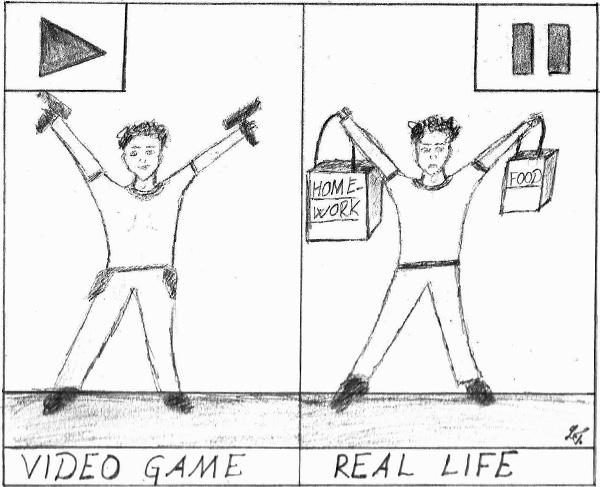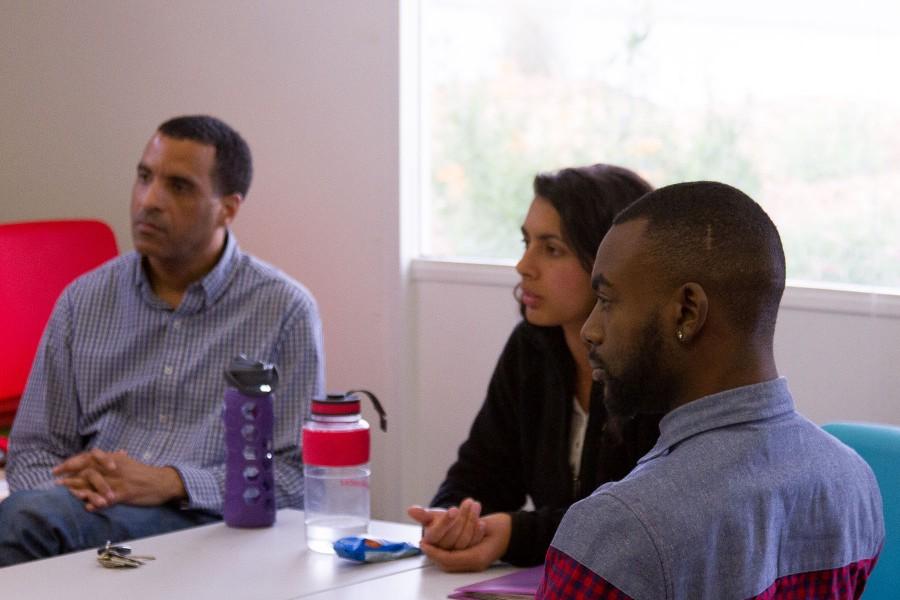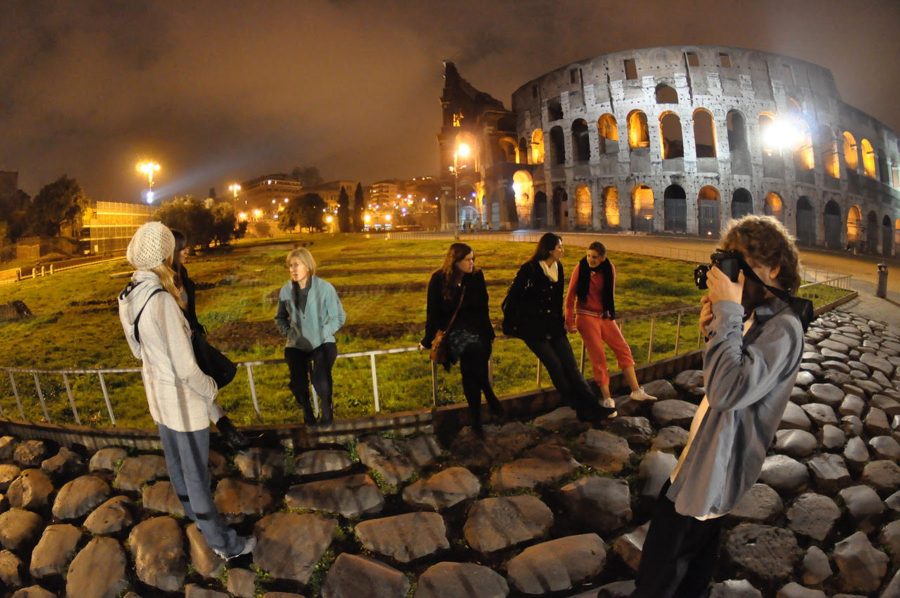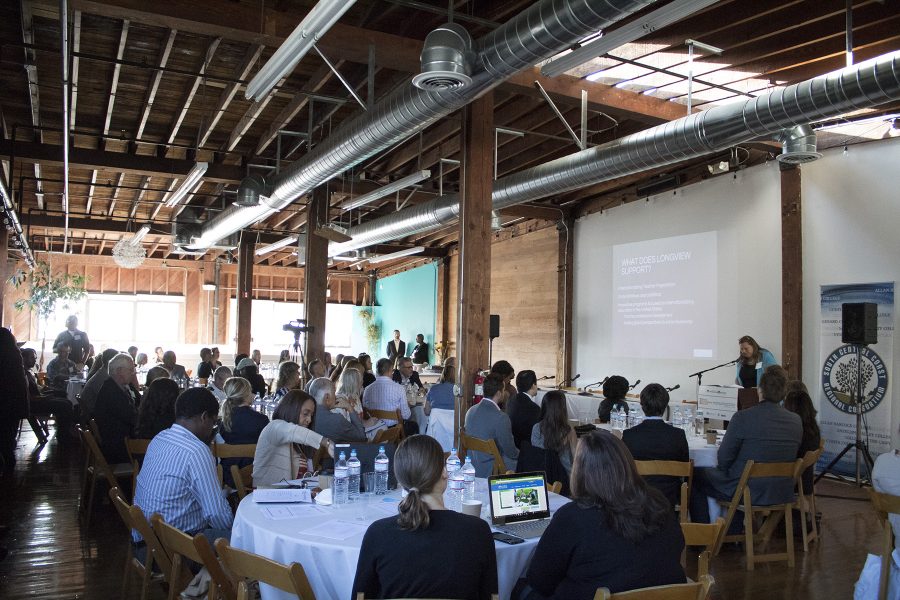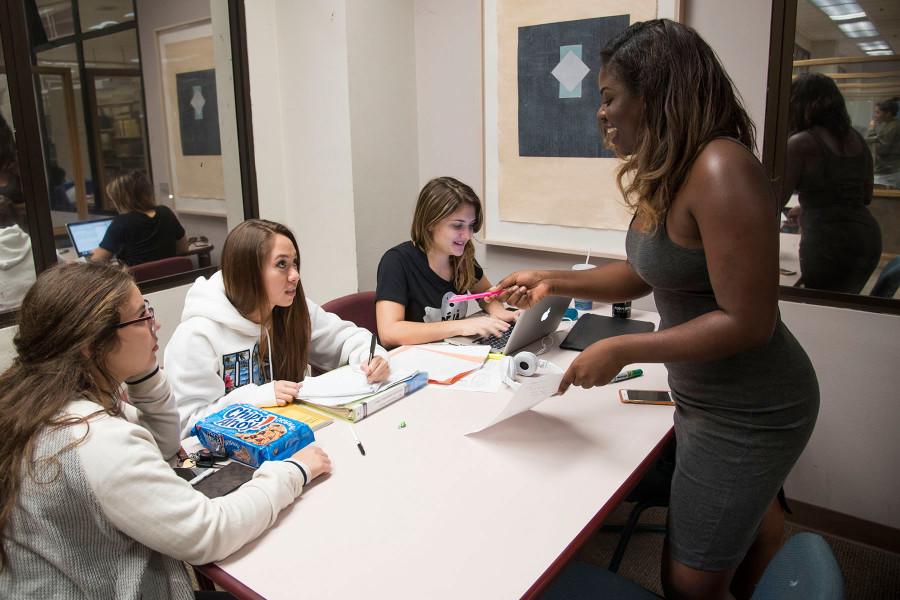My roommate Sam is playing Grand Theft Auto IV as I type this. He took a detour and is now driving through a park, mowing down the huddled masses.
Some of them tumble over the hood and broken windshield. Some get mangled underneath the tires. Others run away screaming in raw terror. God forgives, Sam doesn’t.
Many people accuse the gore fixation in movies and video games and aggressive rap music as the core reason behind America’s bloody track record, but media violence is an arbitrary culprit to frame for the problem.
Wayne LaPierre, the National Rifle Association executive vice president, said in response to the shooting at Sandy Hook Elementary school in Newtown, Connecticut, that the fetishization of violence in video games is what causes America’s violent culture. He cited that they “portray life as a joke, and murder as a way of life.”
While it could be noted that LaPierre is trying to shift blame from the gun industry, his point cannot be dismissed. Video game industry officials haven’t commented on whether their products have a causal relationship with gun-caused massacres.
“It would be ridiculous to try to argue that our massacre-by-gun problem is caused by entertainment,” said John Landgraf, president of FX. “That’s demonstrably false.”
Terry Gross asked Quentin Tarantino in an interview on NPR’s “Fresh Air” if he would watch a kung-fu movie or “The Wild Bunch” a few days following a violent incident, such as the Newtown shooting.
“Maybe,” he said, “’cause they have nothing to do with each other.”
Tarantino said he was annoyed with Gross for asking. He added that it’s absurd to contrast movie violence with reality, and it’s “totally disrespectful” to the memory of those who died.
“Obviously, the issue is gun control and mental health,” he said.
Marylin Manson was condemned after the Columbine high school massacre. Many looked suspiciously at shooter Adam Lanza’s obsession with warfare video games after the Sandy Hook massacre.
Dzhokhar Tsarnaev, the incarcerated Boston marathon-bombing suspect, is coping with a throat injury he suffered during his arrest. Since he’s not capable of communicating, the public is turning to his tweets to speak for him. He left behind more than 1,000 tweets that will be excessively analyzed until a motive is isolated.
A few things we learned include: (a) Tsarnaev listened to a lot of Kanye-produced rap, and (b) like many fellow Americans, he was a big fan of “Breaking Bad” and “Game of Thrones.”
He tweeted earlier this year, “Breaking Bad taught me how to dispose a corpse.” Other tweets included Tsarnaev’s speculation that all the women on “Game of Thrones” have sexually transmitted diseases.
On April 10, he wrote, “Most of you are conditioned by the media.”
Right after the first bomb on the night of April 16, he tweeted a Jay-Z lyric: “Ain’t no love in the heart of the city, stay safe people.”
Perhaps most eerily, at 10:43 p.m. the same night, after both bombs had detonated and no real leads to the culprits were found, he said, “I’m a stress free kind of guy.”
His Twitter feed doesn’t tell us anything exceptional about his sadism or vice. In fact, he just seems like an otherwise normal, impressionable 19-year-old from Dagestan.
Despite its inherent spookiness, nobody is talking about how he also tweeted lyrics from Michael Jackson’s “Smooth Criminal,” or Paul McCartney’s “Maybe I’m Amazed,” or “Seasons of Love” from the “Rent” soundtrack.
Why aren’t Jackson or McCartney recognized as the catalyst for inducing the violent mindset? McCartney wrote for a band that recognized happiness as a warm gun, promoted killing teachers with a silver hammer, beating your girlfriend (“Getting Better”) and killing her (“Run for Your Life”).
It’s sensible to compare carnage on a screen with that on the street, but to say the former causes the latter is too much. The only circumstance in which someone would be motivated by media to commit their own treason is when the person is fundamentally unstable to begin with.
The problem is not violence in television, movies or video games. It’s in our gun regulation and lack of proper mental health care. Australia, where assault weapons and shotguns are banned, has seen a drop in gun-related deaths since enacting this law. Japan has very strict laws and only 11 people die every year from guns.
Naturally, America has a much more romanticized relationship with weapons and gun control is a hard sell for Congress. Despite the fact that Congress voted down gun regulation, more than 90 percent of Americans support increasing background checks and limiting the size of gun magazines.
We have more than 310 million guns in circulation (unambiguously the highest gun ownership per capita anywhere) and more than 11,000 annual homicides by firearm.
That’s what makes us so special.
——
According to a continually updated graph on Slate.com, at least 3,700 gun deaths have occurred in America since Newtown.


